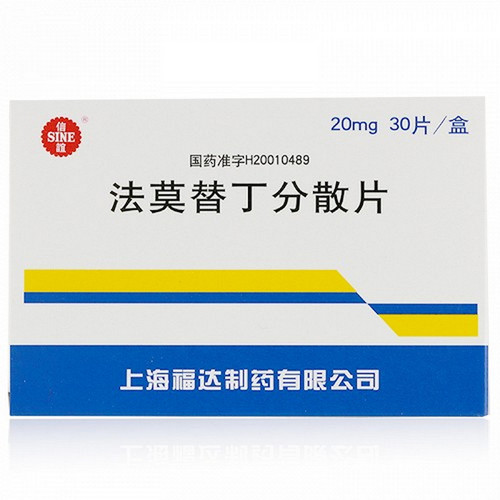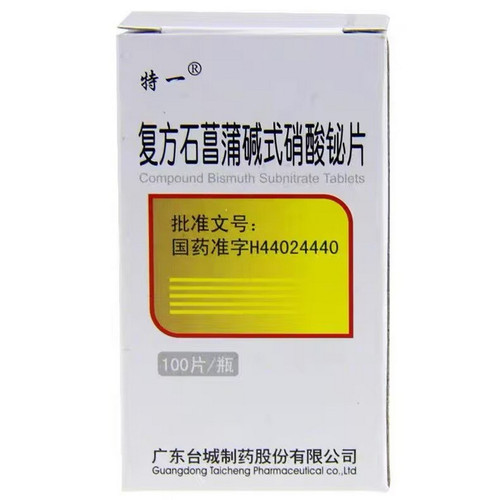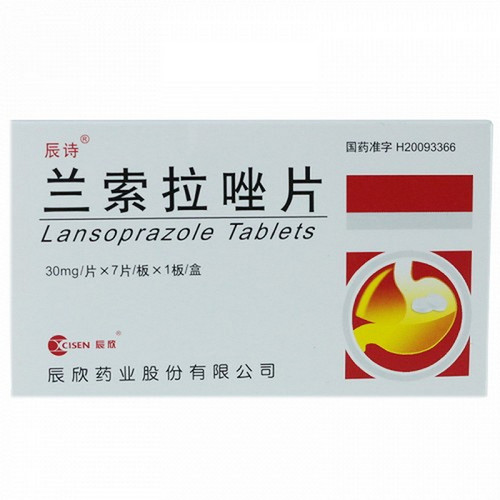Product Overview
[Drug Name]
Generic Name: Aluminum Magnesium Dimethicone Chewable Tablets
Trade Name: DuoXi Aluminum Magnesium Dimethicone Chewable Tablets 30 Tablets
Pinyin Full Code: DuoXi LvMeiErJiaGuiYouJuJiaoPian 30 Tablets
[Main Ingredients]
This product is a compound preparation containing aluminum magnesium dimethicone.
[Properties]
This product is a double-layer tablet, one pink and the other white.
[Indications/Main Functions]
Indicated for hyperacidity, gastric and duodenal ulcers, and gastrointestinal bloating.
[Specifications]
30 tablets
[Dosage and Administration]
Adults: 1-2 tablets, 4 times daily, 20 minutes to 1 hour after meals and before bedtime. This product must be used under the guidance of a physician.
[Adverse Reactions]
This study has not been conducted and no reliable references are available.
[Contraindications]
This study has not been conducted and no reliable references are available.
[Drug Interactions]
1. Avoid taking other medications within 1-2 hours of taking this medication, as it may bind with aluminum hydroxide, reducing absorption and affecting efficacy. 2. Concomitant use with tetracyclines can hinder the normal absorption of tetracyclines. 3. While effective in relieving the pain symptoms of duodenal ulcers, concomitant use with cimetidine and ranitidine is generally not recommended within 1 hour of each other, as it may reduce the absorption of cimetidine and ranitidine. 4. Large doses of aluminum hydroxide adsorb bile salts, thereby reducing the absorption of fat-soluble vitamins, especially vitamin A. 5. Concomitant use with enteric-coated tablets may accelerate the dissolution of the enteric coating and cause irritation to the stomach and duodenum.
[Precautions]
1. The aluminum hydroxide in this product can hinder the absorption of phosphate by binding with phosphate ions to form insoluble aluminum phosphate, which is not absorbed from the gastrointestinal tract. This can lead to a decrease in serum phosphate concentration and the removal of phosphate from bone. Therefore, this product should not be used by patients with fractures or hypophosphatemia, and long-term use is not recommended. It is recommended not to exceed 8 tablets in 24 hours, and the maximum dose should not be used for more than 2 weeks. 2. Taking during appendicitis or acute abdomen may aggravate the condition and increase the risk of appendicitis perforation. 3. Long-term use in patients with renal failure may cause aluminum poisoning and psychiatric symptoms. Especially in patients undergoing hemodialysis, it may develop dialysis-induced dementia, manifested by muscle pain and cramps, nervousness or irritability, taste disturbances, slowed breathing, and extreme fatigue and weakness.
[Pediatric Use]
This study has not been conducted and no reliable references are available.
[Elderly Use]
This study has not been conducted and no reliable references are available.
[Overdose]
This study has not been conducted and no reliable references are available.
[Pharmacology and Toxicology]
This product is an antacid. Aluminum hydroxide reacts chemically to neutralize or buffer existing gastric acid, thereby alleviating the symptoms of excessive gastric acid. Its dry gel coats the lining of the stomach and duodenum, providing protection and adsorbing free acid. Aluminum hydroxide and gastric acid produce aluminum trichloride, which has astringent and hemostatic effects. Magnesium hydroxide has an antacid effect and, when used in combination with aluminum hydroxide, can correct the constipation and bloating caused by aluminum hydroxide alone. Simethicone is a defoaming agent that changes the surface tension of bubbles, causing them to rupture and eliminate them in the gastrointestinal tract.











